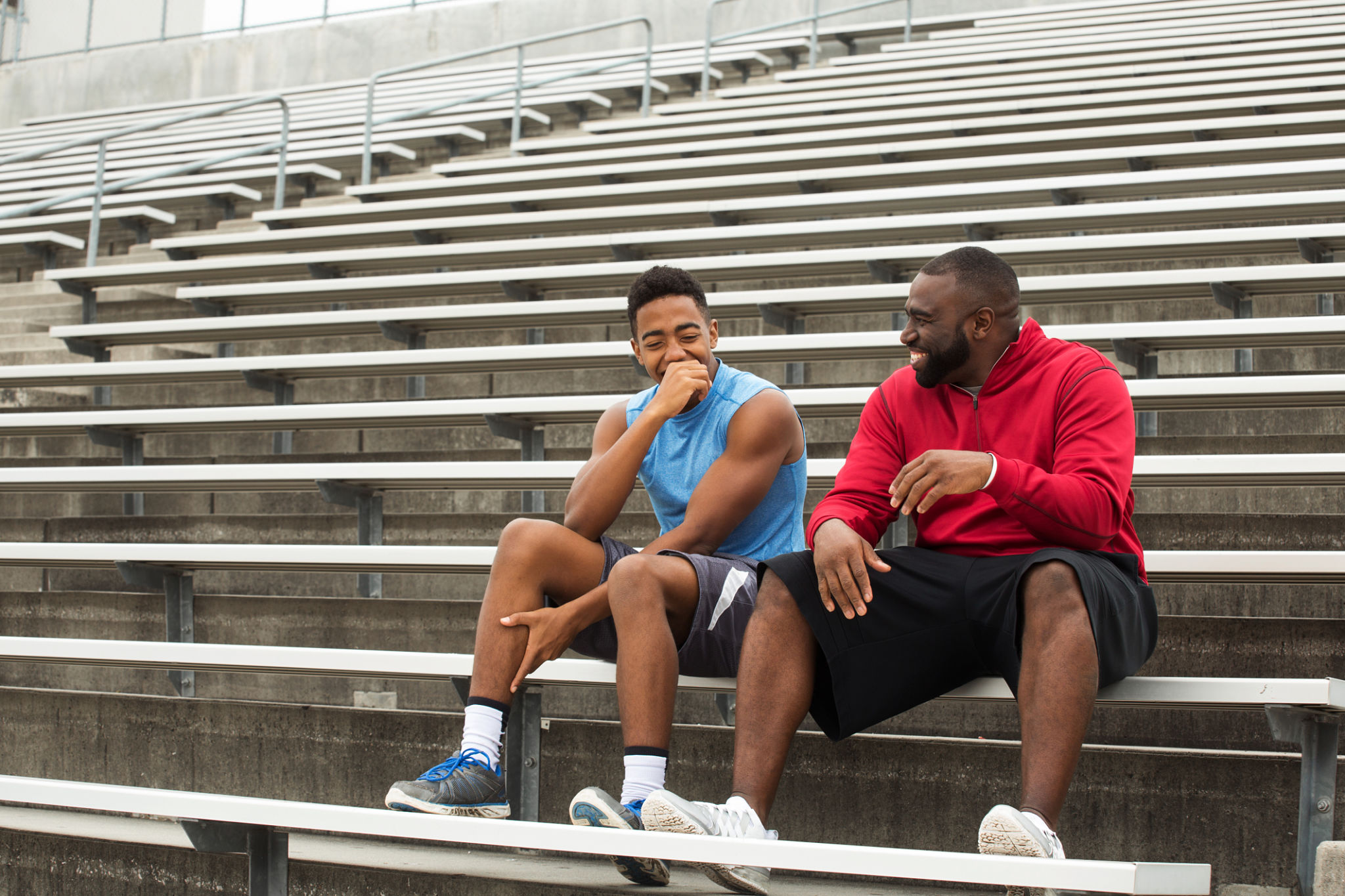Incorporating Mindfulness in Sports: A Guide for Coaches
Understanding Mindfulness in Sports
Mindfulness, a practice rooted in meditation, involves being present and fully engaged in the moment without judgment. In the context of sports, it can significantly enhance performance by helping athletes focus on the task at hand. Coaches are increasingly recognizing the value of incorporating mindfulness techniques into their training regimens to help athletes improve both their mental and physical performance.
Incorporating mindfulness in sports is not just about improving performance; it's also about fostering a positive mental state that can help athletes deal with pressure and setbacks more effectively. By focusing on the present moment, athletes can reduce anxiety and enhance their concentration.

Benefits of Mindfulness for Athletes
Mindfulness offers numerous benefits for athletes, including improved focus, reduced stress, and enhanced emotional regulation. These benefits can translate into better performance on the field or court. Athletes who practice mindfulness often find themselves better equipped to handle high-pressure situations, maintain composure, and make strategic decisions under stress.
Moreover, mindfulness can aid in recovery and injury prevention. By being more attuned to their bodies, athletes can recognize early signs of fatigue or injury, allowing them to take preventative measures before issues escalate.
Mindfulness Techniques for Coaches
Coaches can introduce several mindfulness techniques to their athletes to help them integrate this practice into their routine. Here are a few effective strategies:
- Breathing Exercises: Teach athletes deep breathing techniques to help them center themselves and manage stress.
- Body Scans: Encourage athletes to perform a body scan, which involves mentally scanning their body from head to toe, noticing any tension or discomfort.
- Visualization: Use visualization exercises where athletes imagine themselves succeeding in their sport, which can boost confidence and focus.

Creating a Mindful Training Environment
Coaches can foster a mindful training environment by incorporating short mindfulness sessions into practice routines. This might include starting or ending a practice with a five-minute meditation or dedicating time to discuss the mental aspects of performance. Creating an atmosphere where mindfulness is valued encourages athletes to adopt these practices into their daily lives.
Another approach is to integrate mindfulness into existing drills and exercises. For example, encourage athletes to focus intently on their movements during drills, paying attention to each step and breath. This not only enhances their physical skills but also reinforces the principles of mindfulness.
Challenges and Solutions
While the benefits of mindfulness in sports are clear, implementing these practices can be challenging. Some athletes may be skeptical or resistant to adopting mindfulness techniques. To overcome this, coaches should emphasize the tangible benefits and provide evidence of successful athletes who have benefited from mindfulness.

Additionally, coaches can start with small, simple exercises and gradually increase complexity as athletes become more comfortable with the practice. Encouragement and consistent practice are key to helping athletes embrace mindfulness as a valuable component of their training.
Conclusion: The Future of Mindfulness in Sports
As the understanding of the mind-body connection continues to grow, so too does the role of mindfulness in sports. By incorporating mindfulness techniques into training programs, coaches can help athletes unlock new levels of performance and well-being. The future of sports may well be shaped by those who understand that mental strength is as important as physical prowess.
Ultimately, mindfulness is not just a tool for enhancing athletic performance; it is a lifelong skill that can benefit individuals both in and out of the sporting arena. As more coaches embrace this approach, we can expect to see a shift towards more holistic training methodologies that prioritize mental health alongside physical fitness.